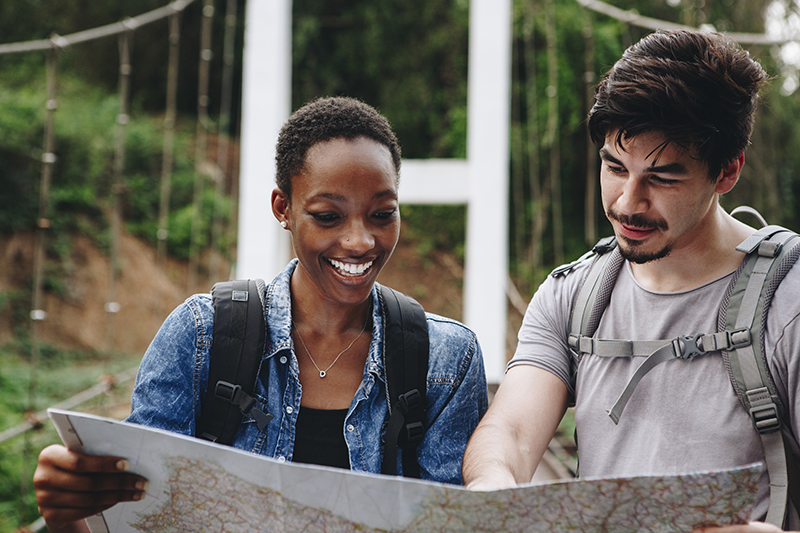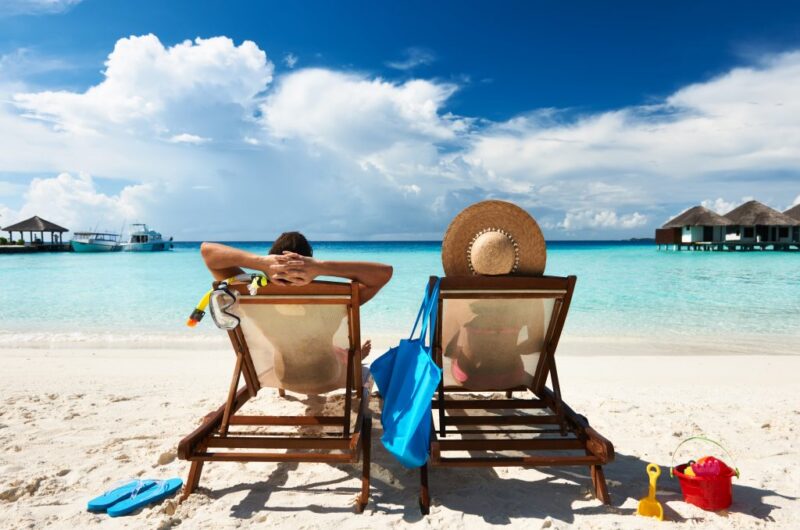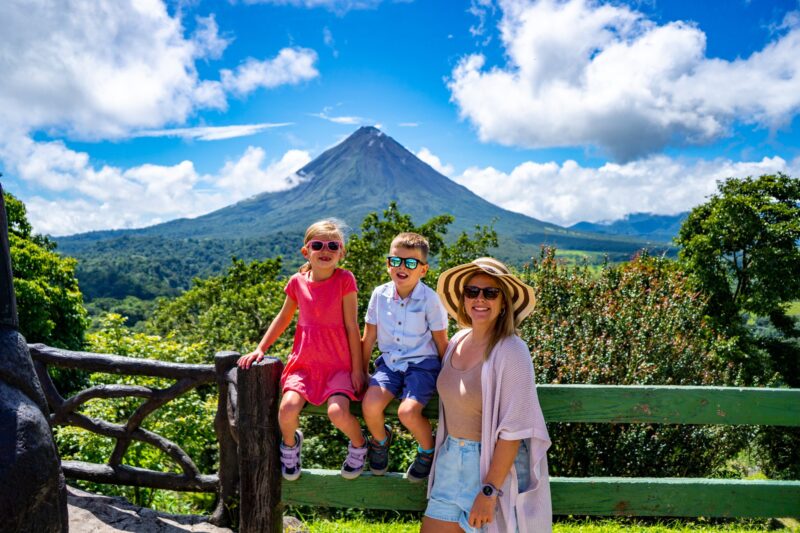Traveling with your family can be a rewarding experience, filled with memories that last a lifetime. However, it also comes with its own set of challenges, especially when it comes to safety. In this comprehensive guide, we will explore various strategies to ensure your family’s safety during your travels in 2024.
Planning Your Trip with Safety in Mind

The foundation of a safe family trip lies in thorough planning. Start by researching your destination. Look for any travel advisories and understand the local laws and customs. This step is crucial as it sets the tone for the entire trip. Consider the climate and geography of the area and plan your activities and packing list accordingly. It’s also wise to share your itinerary with a trusted person back home and maintain regular contact throughout your journey.
Choosing the Right Accommodations
Selecting safe accommodations is pivotal. Prioritize establishments with positive reviews regarding safety and cleanliness. In the era of online reviews and ratings, take advantage of these resources to gauge the security measures of potential accommodations. Look for properties that offer secure parking, 24-hour reception, and in-room safes. If traveling with young children, inquire about child-proofing options and availability of cribs or extra beds.
Staying Connected
In today’s digital age, staying connected is easier than ever and plays a vital role in travel safety. Ensure that each adult and responsible teenager has a working mobile device with local connectivity. Consider portable Wi-Fi devices or international roaming plans for constant access to maps, translation apps, and emergency services. Teach your children important contact numbers and how to use a phone in case of separation. Additionally, click here and discover the best VPN for staying secure while traveling.
Health and Wellness on the Go

Health is a major aspect of travel safety, especially in unfamiliar environments. Ensure that all family members are up to date with vaccinations and have a sufficient supply of any regular medications. It’s also advisable to carry a well-stocked first-aid kit for minor injuries. Be aware of the local health care facilities and have a plan in case of a medical emergency. Remember, different regions may have varying levels of water and food safety standards, so be cautious with what you consume.
Navigating Transportation Safely
Whether you’re renting a car, using public transportation, or walking, understanding and navigating the local transportation system is crucial. If driving, familiarize yourself with the local traffic laws and conditions. When using public transportation, keep an eye on your belongings and stay aware of your surroundings. Always hold onto your children’s hands in crowded areas to prevent them from getting lost.
Cultural Awareness and Respect
Respecting the local culture and laws is not only a matter of etiquette but also a safety concern. Familiarize yourself and your family with local customs, dress codes, and any sensitive topics to avoid inadvertent offenses. This understanding fosters a safer and more respectful interaction with locals and helps in avoiding potentially risky misunderstandings.
Keeping Valuables Secure
Theft can happen anywhere, and tourists are often prime targets. Keep your valuables, like passports, credit cards, and electronics, secure at all times. Utilize hotel safes and avoid displaying expensive items in public. Teach your children the importance of keeping their belongings close, especially in crowded areas.
Emergency Preparedness

Despite all precautions, emergencies can happen. Have a plan for different types of emergencies, like natural disasters, political unrest, or personal health crises. Know the location of your country’s embassy or consulate and have a list of emergency contacts. Discuss with your family what to do in various emergency scenarios, so everyone is prepared.
Smart Packing for Family Travel
Packing smartly is more than just bringing the right clothes. It involves thinking about safety too. Pack items that can serve multiple purposes and save space, like versatile clothing and compact electronics. For young children, pack familiar items like toys or blankets to provide comfort in unfamiliar environments. Additionally, include items that enhance safety, such as reflective clothing for night-time excursions and waterproof cases for important documents.
Educating Children on Safety
Involving your children in safety discussions is crucial. Tailor the conversation to their age and understanding. Teach them not to talk to strangers or wander off alone. Establish a meeting point in case anyone gets lost. Make sure they know their full name, your name, and contact information. In today’s digital world, also discuss online safety and the importance of not sharing location details on social media.
Food Safety While Traveling

Experiencing local cuisine is a highlight of traveling, but it also comes with risks. To avoid foodborne illnesses, eat at reputable establishments and avoid street food if you’re unsure of its safety. Pay attention to food preparation and hygiene standards. Stick to bottled water in areas where tap water isn’t safe and avoid raw or undercooked foods.
Managing Money Safely
Handling money safely is a key aspect of travel safety. Avoid carrying large sums of cash. Instead, use credit or debit cards where possible, and keep a close eye on your transactions. Teach older children about money safety and how to discreetly handle cash. Using money belts or hidden pouches can be a safer option than a wallet or purse.
Staying Safe in Crowds
Crowded places pose a unique set of challenges. Keep your family close and establish a plan in case anyone gets separated. Be aware of pickpockets and scammers who often target tourists in these areas. Keep your belongings secure and in front of you. Teach your children to recognize and approach authority figures like police officers or security guards if they need help.
Dealing with Language Barriers
Not being able to communicate effectively can be a safety issue. Learn basic phrases in the local language, especially those related to directions, help, and emergencies. Carry a phrasebook or use translation apps on your phone. For children, consider having an ID card with essential phrases and your contact information in the local language.
Wrapping It Up
Family travel is an enriching experience, but it comes with responsibilities. By incorporating these safety tips into your planning and daily practices, you can ensure a more secure and enjoyable trip for everyone. Remember, the essence of a great family vacation lies in creating joyful memories while keeping everyone safe. Safe travels!
Related Posts:
- 10 Safe and Secure Ways to Farm Gold in Old School…
- Pet-Proofing Tips for a Safe Home and the Benefits…
- Peloton Yoga Basics: Essential Tips for Beginner…
- How to Check the Car History: Tips and What to Look…
- How to Plan a Team Building Event That Engages and…
- Expat Guide To London Nightlife: Best Clubs & Party…







